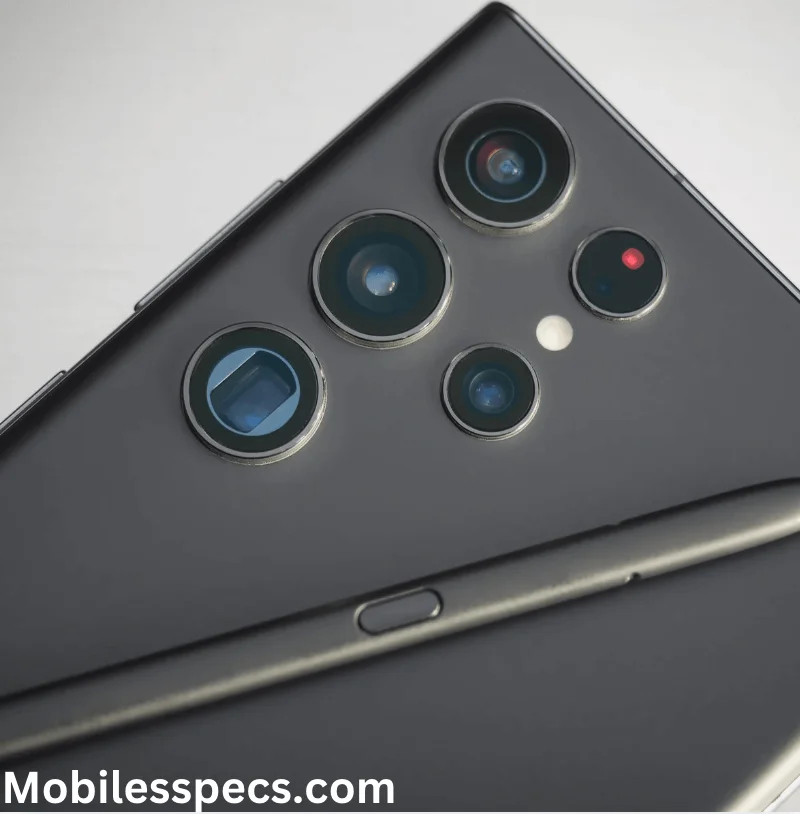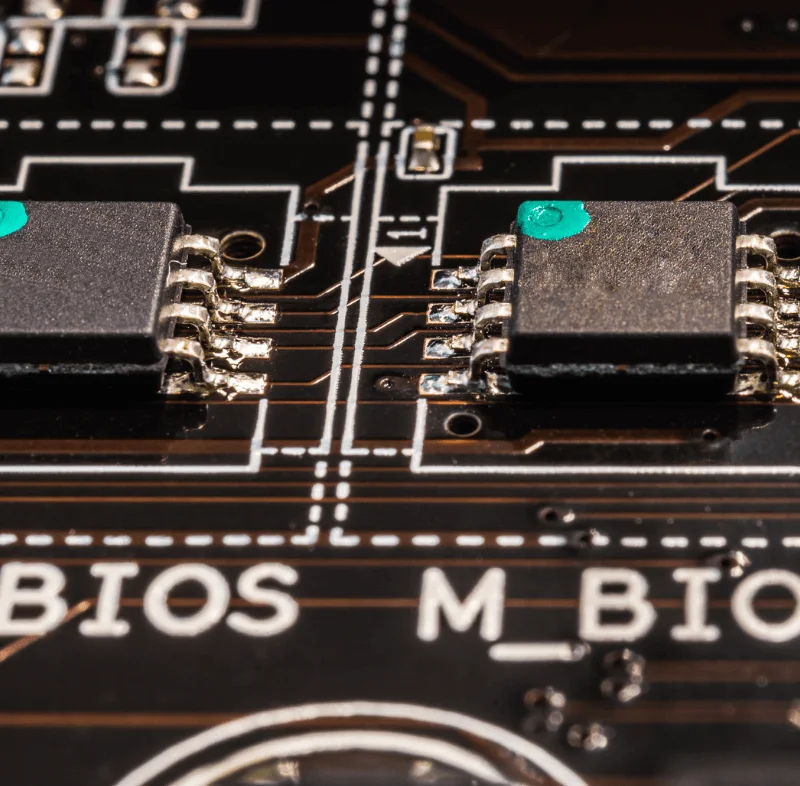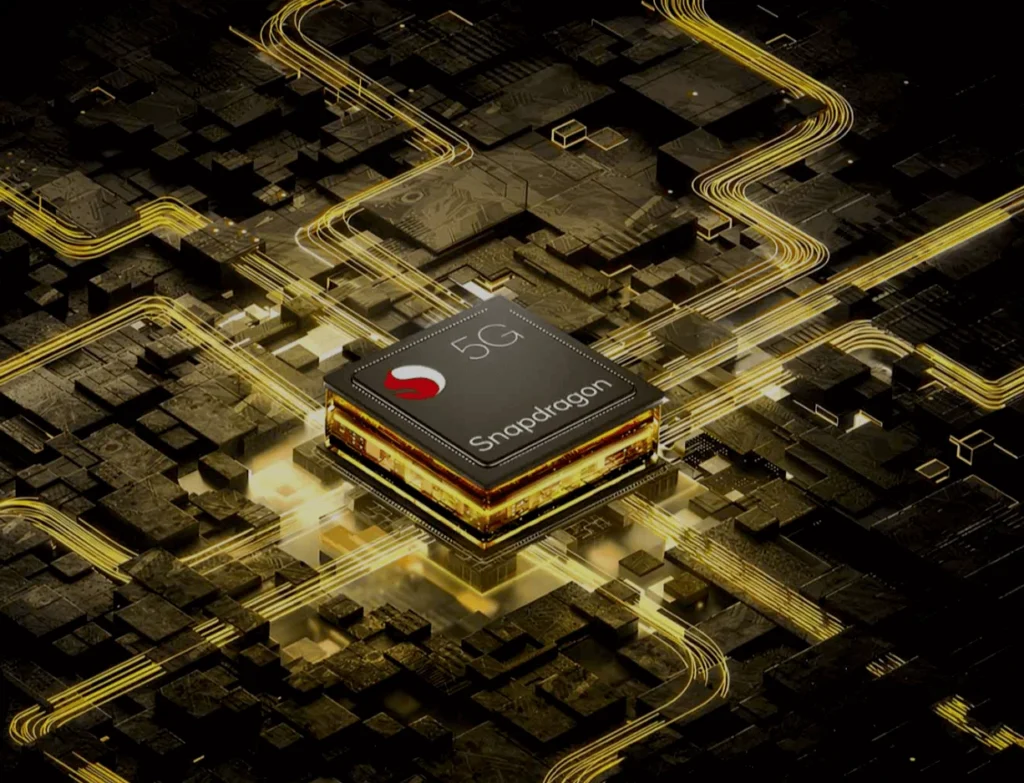
The build-up to the Samsung Galaxy S25 series launch has been a little bit damped by a couple of new features concerning its chipset choices. As per the recent update from Google, no more latest developed Qualcomm Snapdragon 8 Gen 4 or Exynos 2500 will not be a part of the newer models of flagship devices; thus, consumers and technology freaks are eager to know the possible future of Samsung flagships.
The Dual-Chip Strategy of Samsung

In the past, in particular the Galaxy S flagship series, Samsung has employed a dual-chip approach. This strategy enables the tech giant to retain and sell, at the same time, both Qualcomm’s high-end Snapdragon processors and internally developed Exynos-system on-chip (SoCs) in different locations or products. It has generally provided Samsung with the flexibility needed to deliver high performance in numerous markets and consumer satisfaction.
However, according to this year’s reports of market research, Samsung experienced considerable difficulties with its chipset supplies with a primary focus on the recent Exynos 2500 that led to the change of tactics referring to the Samsung S25 series.
Exynos 2500 Production Challenges: Galaxy S25
New information shows that Samsung has dropped the Exynos 2500 for the Galaxy S25 series citing low yields. Yield is the amount of chips that were successfully fabricated during a specific production process. Low yields mean that a great number of the produced chips are not good or non-functional, which makes the supply a problem for Samsung. Thus the use of the Exynos 2500 was totally out of the question for the company as a whole.
This is a dramatic change for Samsung to make as for many years, the Exynos series has been a definite part of their products. It raises questions about the future of Exynos processors in flagship models and how Samsung will overcome these problems further.
Snapdragon 8 Gen 4 Not an Option

On top of the issues with Exynos, it looks like using the Snapdragon 8 Gen 4 across the entire Galaxy S25 lineup is also feasible. Claims estimate that this chip’s price is at least 20% higher than the Snapdragon 8 Gen 3. This price rise might force Samsung to revise the pricing model of the Samsung S25 series and as a result, may not be affordable for those wishing to stretch their budget.
Enter MediaTek: A New Contender
As we know now Samsung did not choose Snapdragon or Exynos, the choice may be to get the chipsets from MediaTek. In the past, Samsung has relied on MediaTek chips exclusively for mid-tier and budget mobile gadgets. But even in this case, last year’s changes suggest that Samsung may be more inclined to use MediaTek’s higher tier Dimensity chips in its flagship devices.
MediaTek’s Dimensity 9400 Chip
New rumors suggest that a flagship MediaTek chip called the Dimensity 9400 or 945 will power the Galaxy S25 models. Reports indicate that the Dimensity 9400 packs even more transistors than most current chips, suggesting that it could significantly boost performance and place it alongside Qualcomm’s best.
It interprets the Samsung approach for optimum cost control yet offers powerful devices to customers. Using MediaTek’s advanced technology could help Samsung avoid escalating prices that may deter buyers, a challenge it faced with the Galaxy Z Flip 6 and Fold 6, which reportedly suffered due to higher price points.
Targeted Strategy for Galaxy S25 Models
Samsung is likely to choose MediaTek as its go-to chip provider for the S25 series, which would probably restrict the use of this chipset to the S25 and S25 Plus models, and even then, it may be limited to specific regions. At the same time, the Samsung S25 Ultra is expected to be outfitted with the Snapdragon 8 Gen 4, meaning that the premium version of the smartphone range will continue to offer top-notch performance customary of the Samsung’s top-shelf offering.
Conclusion
Samsung’s choice to shift away from both Snapdragon and Exynos satisfied the current market demands more than simply reacting to obstacles. As the industry becomes more crowded and challenging, Samsung seems to reposition itself by following new alliances and pointing out the advantages that different chipsets have to offer.
While the event happens, many people will have their eyes on this choice to determine how much it can affect the Samsung S25 series, including its sales, price tags, and consumer reception within various smartphone markets. The excitement for the next line, or should we say the Samsung S25 series grows and the decisions that Samsung makes will most definitely bear some part in its determinations. Samsung’s flexibility while facing the semiconductor calamities shows that the company is trying to send quality performance devices while at the same time ensuring they keep their costs down. What role will MediaTek’s Dimensity 9400 chip play in Samsung S25 performance? Will the changed chipset strategy affect Galaxy S25 pricing?
Read Also: Samsung Galaxy S25 Ultra: Price And Specifications

